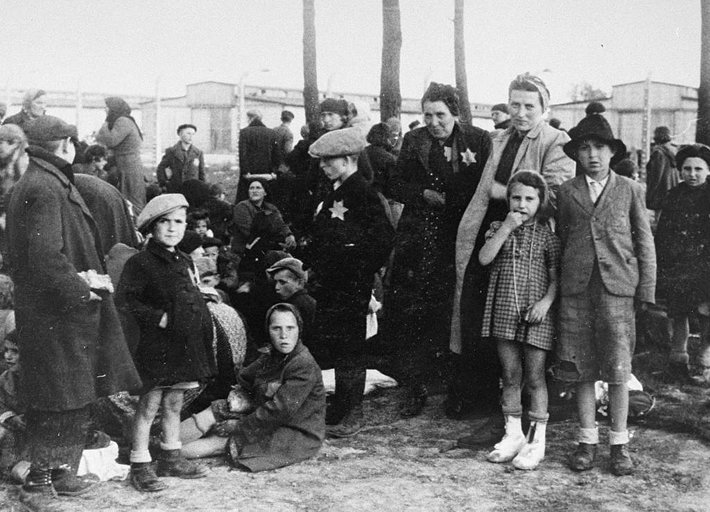Consider being a young German growing up in the aftermath of World War II. Picture never hearing about the Holocaust or Auschwitz, only being told that there was a war and people died in wars, and quickly changing the subject.
No need for imagination, this was the reality for young Annette Hess and countless other German youth. “My grandfather was a police officer in occupied Poland, one of the perpetrators,” she shares. It wasn’t until she watched the 1961 Oscar-winning film Judgment At Nuremberg that she truly grasped the extent of the genocide.
“That’s when I first learned about the Holocaust, and it has since consumed me,” says Hess. “As a writer and artist, I’ve always tried to engage with it. The idea of never forgetting has been ingrained in me.”
Listening to the original recordings of the 1963 Auschwitz trials in Germany a decade ago, Hess was stunned. “I thought I knew everything about Auschwitz, but this revealed the true horror, the continuous nightmare of the camps,” she reflects.
Her novel German House and its TV adaptation The Interpreter of Silence, now on Hulu and Disney, stemmed from this experience.
The Interpreter of Silence follows a young interpreter, Eva Bruhns, during the 1963 Auschwitz trials, focusing on her journey from ignorance to truth. Eva’s encounter with a Holocaust survivor’s testimony challenges her sheltered life and beliefs.
The series blends fiction with authentic courtroom testimonies, shedding light on the atrocities of the Holocaust. As the past confronts Eva’s innocence, the stark reality of the witnesses’ accounts shocks both her and the audience.
With antisemitism on the rise globally, stories like The Interpreter of Silence serve as vital reminders of the past. Hess and her team aim to educate newer generations about the Holocaust and combat hate crimes through their work.
This story is timeless and should be shared repeatedly, just in different ways to resonate with each new generation.
_________________
The Church of Scientology has always valued the importance of freedom of religion as a basic human right. In a world filled with conflicts stemming from intolerance towards others’ beliefs, the Church has prioritized the protection of religious liberty for over 70 years.
This blog is published by the Church to promote a deeper understanding of religious freedom and to address issues affecting this freedom worldwide.
The Scientology religion was founded by L. Ron Hubbard, with Mr. David Miscavige serving as its ecclesiastical leader.
For further details, please visit the Scientology website or watch the Scientology Network.





